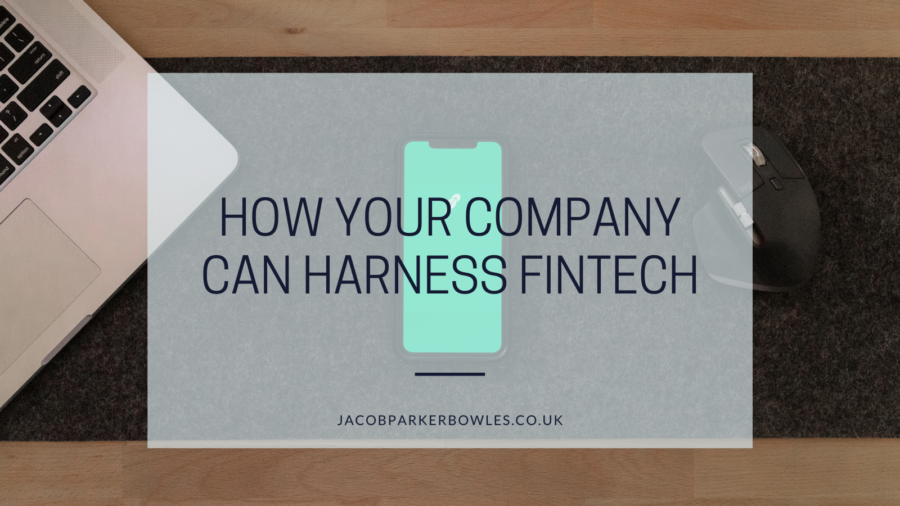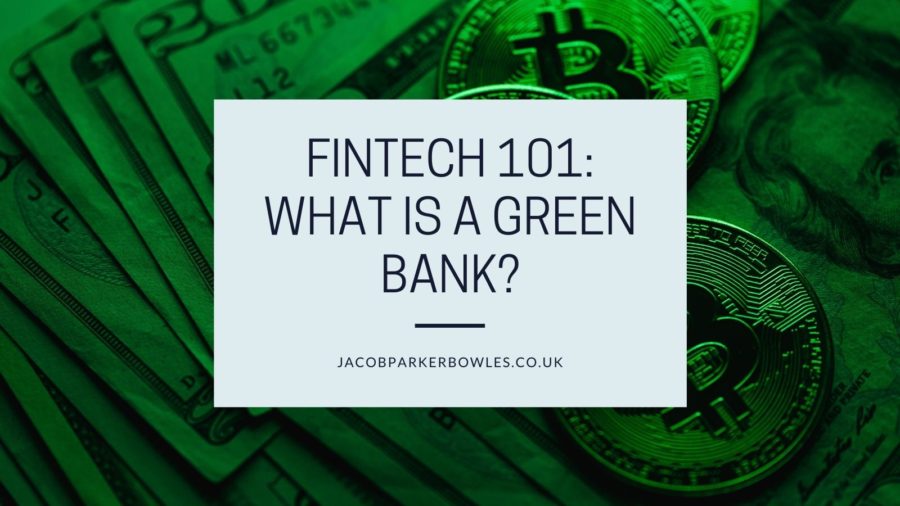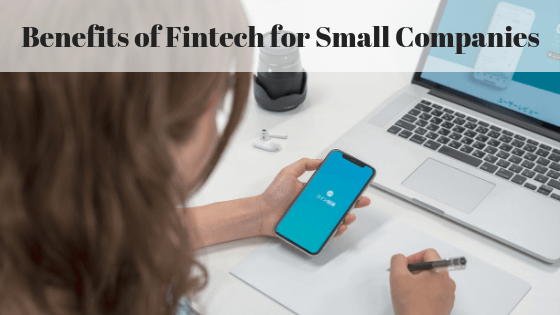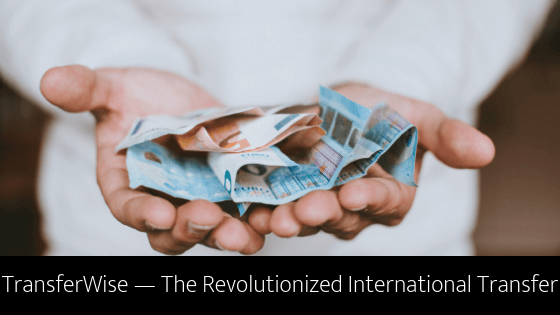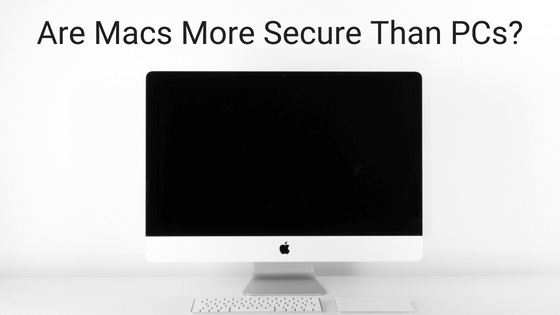Covid-19 may have slowed down business, but Fintech has achieved double-digit growth in volumes and transaction numbers in the same period. In addition, many companies required employees to work remotely during the pandemic and needed to develop new working methods.
The fintech industry became the choice for businesses that needed to implement digital tools for working at home. Companies found out that Fintech has more uses beyond sorting disruption of traditional business practices. Some teams in accounting and finance found fintech tools can streamline operations, improve productivity and cut costs in these ways.
Simplifying complex processes
Corporations became less productive during the pandemic. Spend reconciliation was one way that finance teams could create efficiencies, but innovation in the area has been slow, and it consumes a lot of labor-intensive time.
Fintech reduces that challenge with tools to automate most of the processes such as:
- Three-way matching to approve incoming supplier invoices
- Complex and fragmented area travel and expense spend
Fintech tools can automatically link expenditures to individual employees and functions. As a result, they simplify and hasten budget allocations that are ordinarily time-consuming.
A company can harness fintech to provide greater visibility into:
- Employee spending
- Delivering control
- Flagging out of policy expenditures real time
- Automated analytics
Another upside is the chat AI that interprets customer questions. Requests increase efficiency by automating financial tasks that involve answering questions about expense processing and invoice payment.
Solution to Fraud
An ACFE survey found that organizations lose 5% of annual revenue to fraud, and detection can take 14 months. A third of all fraud cases occur because organizations lack internal controls.
The pandemic created a perfect environment for fraud as it thrives during recessions and economic instability. Fintech AI and machine learning algorithms in its software control fraud mastering standard patterns of company finance and flag anything unusual or new. The team in charge will notice and review. A/ML has a higher level of sophistication to root out fraud than the rule-based approach. The tools can search and compare data to sense questionable correlations or other irregularities.
The payoff for shifting to newer processes is transformation. Finance practices in an organization will gain the same benefits that the financial sector has gained by adopting Fintech tools. It only requires collaborating with a reliable Fintech provider.

